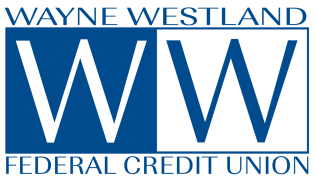While we were already planning on writing about emergency funds, doing so in the aftermath of the partial government shutdown seems more than timely! Employees were laid off for 35 days and it still might be weeks before they see a paycheck.
Would you be able to survive a month or two without a paycheck? If the answer is no, then it’s time to seriously think about establishing an emergency fund. However, job loss is only one reason you may need this extra savings. Other reasons include:
- Medical or dental emergency
- Unexpected home repairs
- Big ticket auto repairs
- Unplanned trips
Oftentimes, people will take money out of their retirement savings, get overdrawn in their checking accounts, miss mortgage or other payments or even file for bankruptcy. Don’t let this happen to you!
Creating an emergency fund will help you curb unnecessary spending, reduce stress and keep you on top of your finances. Plus, it’s not as hard as you think to put a little extra away each month. Here are some tips to building an emergency fund:
- Be prepared to save from three to six months’ worth of expenses.
Estimate your costs for housing, food, utility bills, transportation (car payment and gas), personal expenses and healthcare costs for a month and go from there. - Determine how much you may need the fund.
How much you save also depends on what you do for a living. If you’re in a high-risk industry where layoffs are common, then you might want to save closer to six months’ income.This also pertains to you if you have a job where the income isn’t consistent from week to week. - Where to start?
Just by cutting down your unnecessary spending (like dinner out or entertainment), you could save an extra $25 per week. That’s $1,300 per year going into your emergency fund. Need more? Save more! $50 per week will get you $2,600 in a year’s time. Also, if you have a tax refund coming, putting it into your fund may be the perfect option. - Where to save it?
Your WWFCU savings account is your first option. But you may want to think about using/opening a WWFCU money market account – your interest rate will be higher than a regular savings account.
Whatever approach you decide to take for creating an emergency fund, the key to it all is to start one. Now. You never know when you may need it.


